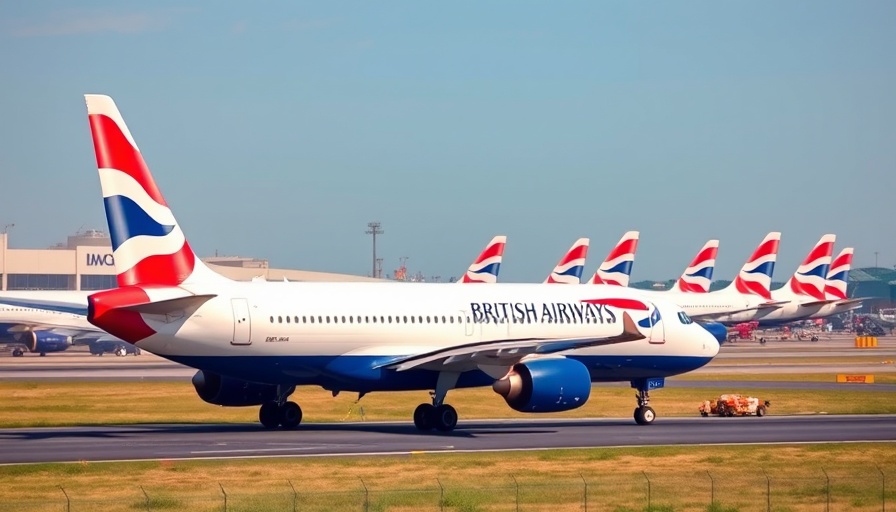
The Shift in BA's Loyalty Scheme: What's Really Going On?
British Airways (BA) has recently faced criticism for significant changes to its Executive Club loyalty scheme, which will prioritize high spenders over frequent travelers starting this April. According to Rob Burgess, founder of the loyalty site Head for Points, this shift risks alienating a large segment of its loyal customer base. "From April 1, the structure will be based on what you spend with BA," he said, suggesting that the airline is moving away from rewarding loyalty based on flight frequency.
How Loyalty Programs Are Changing in the Travel Industry
BA isn't alone in this shift. Many airlines are looking to adjust their loyalty schemes to minimize expenses while still trying to maintain customer satisfaction. The move to a spending-based system reflects a growing trend in the airline industry aimed at reducing the reliance on frequent fliers, often associated with leisure travel, and embracing those who spend more.
Will Frequent Travelers Lose Out?
As changes are set to impact all Executive Club members by April 2026, many loyal travelers may find themselves at a disadvantage. Burgess argues that the essence of what made the BA loyalty scheme appealing—status earned through frequency rather than expenditure—is being undermined. The new rewards structure encourages last-minute expensive bookings, rather than genuinely rewarding those who travel consistently.
In Search of Fairness in Loyalty Schemes
In a similar vein, BA's chief commercial officer, Colm Lacy, argues that the changes are designed to create a fairer system, aiming to counter what he describes as the gaming of the previous structure. However, experts like Gilbert Ott believe that emotional attachments to loyalty still play a significant role for travelers. By extending bonus offers and introducing guarantees like bronze status for frequent flyers, BA attempts to strike a balance between incentivizing spend and maintaining loyal customers.
The Road Ahead for Travelers
As we approach the implementation date, travelers, especially in markets like Florida where leisure travel is prevalent, should prepare for a potentially major shift in how they approach flight bookings. Loyalty programs are evolving, and understanding this new landscape could directly impact travel budgets and plans. Consumers will need to stay aware of these changes to ensure they maximize their travel benefits.
This evolving narrative sheds light on the broader implications of loyalty schemes in the travel industry. As BA’s changes showcase, the push towards rewarding higher spenders may reshape customer experiences, challenging the long-held belief that loyalty is determined by how often you fly. It will indeed be interesting to see how this transformation affects customer loyalty and satisfaction in a demanding travel market.
 Add Row
Add Row 
 Add
Add 


Write A Comment